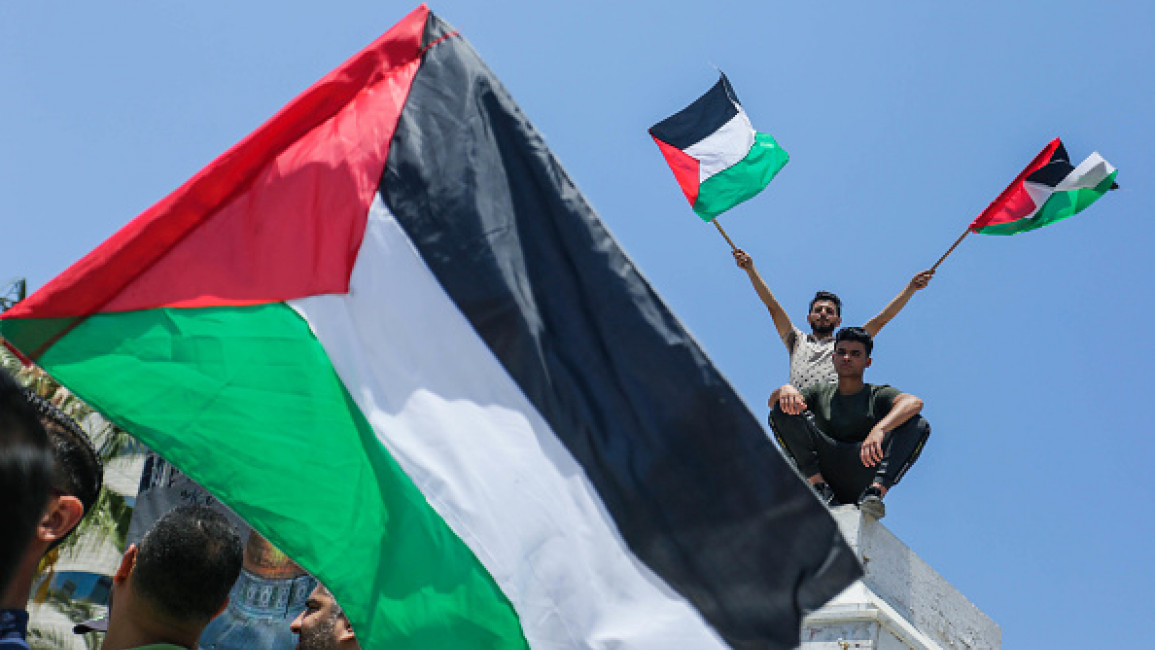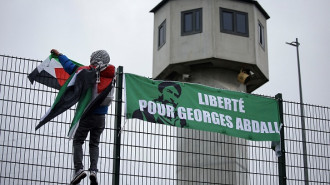Why is 15 November Palestine's Independence Day?
To the surprise of many, Palestine marks Independence Day on 15 November.
When thinking about Palestine, the first thought that occurs to most people is how it has remained under Israeli occupation since the Nakba of 1948. The West Bank and East Jerusalem have had very little autonomy since the Six-Day War of 1967, and the Gaza Strip has been besieged since 2007.
In Israel proper, known as the 1948 lands, Palestinians with Israeli citizenship are also faced with discrimination and very often treated as second-class nationals.
The "Palestinian Declaration of Independence" was written by famed Palestinian poet Mahmoud Darwish and proclaimed by Palestinian leader and former president Yasser Arafat in the Algerian capital in 1988.
It sought to recognise an independent state, accepting a two-state solution with Israel.
"The National Council declares, in the name of God, and in the name of the Palestinian Arab people, the establishment of the State of Palestine on our Palestinian land, with Holy Jerusalem as its capital." the declaration reads.
"This is based on the natural, historical and legal right of the Palestinian Arab people to their homeland, Palestine, and the sacrifices of its successive generations in defence of the freedom and independence of their homeland, based on the decisions of the Arab summits and the strength of international legitimacy embodied in the United Nations resolutions since 1947; and the Palestinian Arab people exercise their right to self-determination, political independence, and sovereignty over their land," it concludes.
Arafat’s endorsement of the declaration happened during the First Intifada, or uprising, which erupted in December 1987 and would ended in September 1993 with the Oslo Accords.
The Oslo Accords, signed by Arafat and then-Israeli premier Yitzhak Rabin, was an agreement that saw the establishment of the Palestinian Authority and was meant to pave the way for Palestinian statehood but did not.
Today, the aspirations of a sovereign Palestine, with East Jerusalem as its capital, seem almost impossible. Israel continues its brutal war on Gaza, and the hardline government has expressed plans to annex the whole of the West Bank. For a second year, the day is remembered without official ceremonies or marches.
The declaration received widespread support internationally. Over 100 countries quickly recognized the State of Palestine, though the reality of its independence remained constrained by the Israeli occupation of its territories.
Out of the 193 UN member states, 146 of them now recognise Palestine as a state, with it having observer status. However, it is denied full UN membership by opposition from the US in the UN Security Council.







 Follow the Middle East's top stories in English at The New Arab on Google News
Follow the Middle East's top stories in English at The New Arab on Google News

![Aid Gaza [Getty]](/sites/default/files/styles/image_330x185/public/2010004231.jpeg?h=cb957c44&itok=NpHeiZFt)
